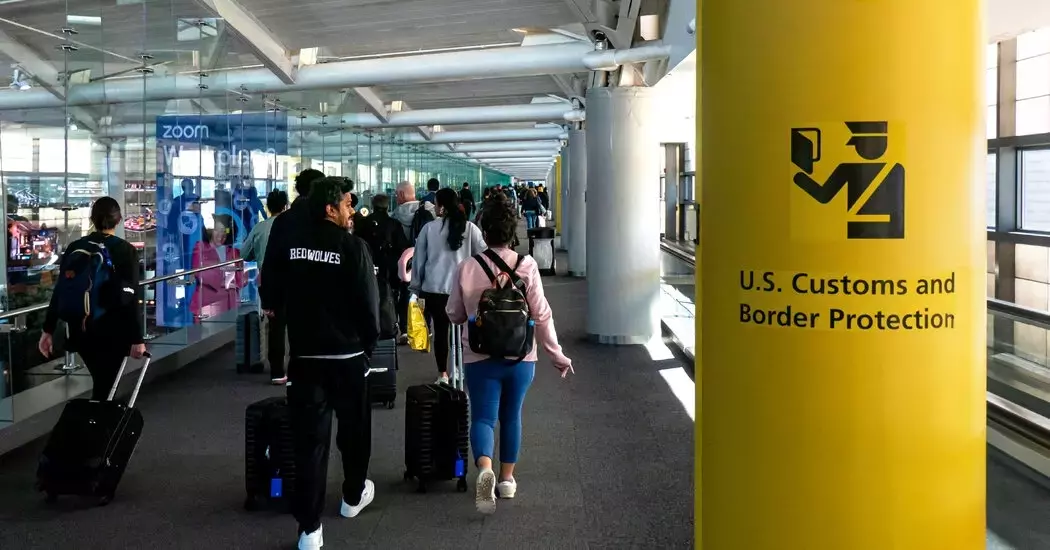
Travelers heading to the United States are facing increased scrutiny due to enhanced vetting procedures. Even lawful immigrants and naturalized citizens are experiencing additional questioning and searches. Understanding travelers' rights, border policies, and how to align your travel plans with visa requirements is crucial for a hassle-free entry.
This trend raises concerns about device searches, luggage inspections, and best practices at the U.S. borders. Legal experts emphasize that while entry rules remain unchanged, there's now a stricter enforcement policy in place.
Understanding Enhanced Vetting Procedures
At various U.S. airports and land borders, visitors have encountered rigorous checks under the administration’s enhanced vetting protocols. These measures involve questioning and searching not only tourists but also legal immigrants and naturalized citizens. This has sparked discussions about travelers’ rights and the legality of such procedures.
The implementation of these vetting processes reflects a shift towards more stringent security measures. Travelers may face additional scrutiny if their intentions appear inconsistent with their visa or Electronic System for Travel Authorization (ESTA). For instance, someone with a tourist visa might be questioned if evidence suggests they plan to work in the country. Immigration lawyers highlight cases where individuals were detained simply for indicating they were "open to work" on professional networking platforms like LinkedIn. Such actions serve as potential indicators that the person intends to engage in activities beyond tourism. Despite no formal changes in entry regulations, a clear "zero tolerance" approach has emerged, making it essential for travelers to ensure their plans align precisely with their visa purposes.
Navigating Entry Policies and Rights
For those planning to visit or return to the United States, understanding the nuances of entry policies is vital. Whether you're a tourist, legal resident, or citizen, being aware of your rights at the border can prevent unnecessary complications. Officials retain broad discretion in denying entry based on suspicions regarding a traveler's intent.
To avoid issues, ensure that your visa or ESTA matches your travel plans. If discrepancies arise between your stated purpose and actual intentions, officials could deny entry. For example, holding a tourist visa while appearing to seek employment might lead to problems. Immigration attorneys stress the importance of clarity in communication during border interactions. They advise against vague responses that could mislead authorities into believing you intend to violate visa terms. Furthermore, familiarize yourself with the extent to which officials can search electronic devices and personal belongings. By preparing adequately and adhering strictly to visa guidelines, travelers can minimize the risk of delays or denials at U.S. borders.
